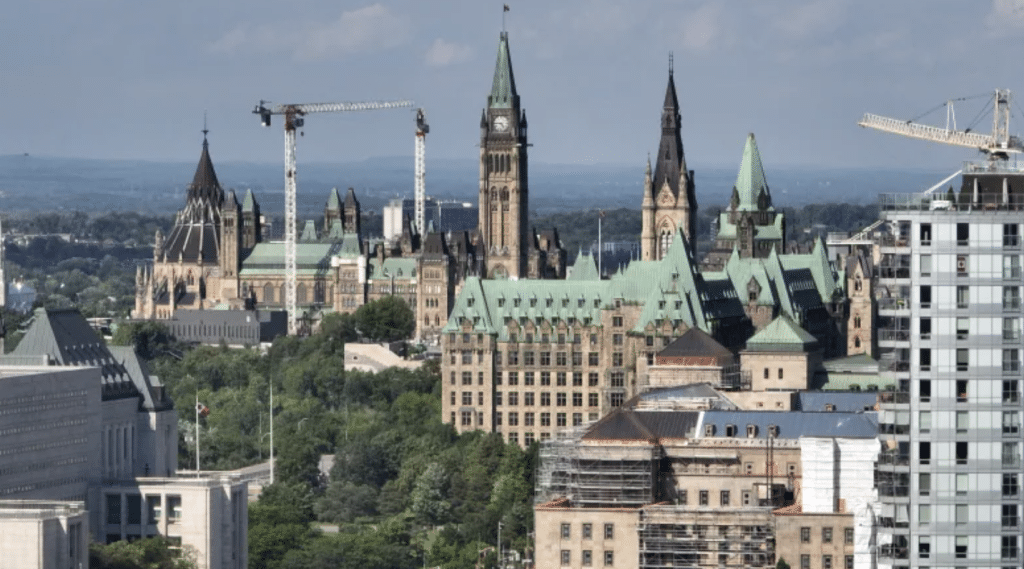Canada is renowned worldwide for its vast landscapes, multicultural cities, and welcoming stance on immigrants. If you are contemplating making Canada your new home, we understand the process can be overwhelming. This comprehensive guide aims to elucidate the steps involved, ensuring a smoother transition for you and your family.
1. Understanding Why Canada is an Attractive Destination
The Promise of a Better Quality of Life: With a well-functioning public health system, top-notch education institutions, and countless recreational opportunities, Canada promises a life of comfort and growth.
Diverse Cultural Mosaic: As a country that values multiculturalism, Canada is home to communities from all over the globe, making it easy for newcomers to find a sense of belonging.
Robust Economy: The Canadian economy is robust, with ample job opportunities in sectors ranging from tech to natural resources.
2. Types of Immigration Programs Available
Express Entry: This is a points-based system where candidates are ranked based on factors such as age, work experience, and education. High-ranking individuals are invited to apply for permanent residency.
Provincial Nominee Program (PNP): Provinces have their criteria and nominate individuals who will contribute to their economy. These nominees can then apply for permanent residency.
Family Sponsorship: Canadian citizens or permanent residents can sponsor family members, like spouses, parents, or dependent children, for immigration.
3. The Application Process Explained
Gather Necessary Documentation: This includes passports, educational transcripts, work experience letters, and any other relevant documentation.
Language Proficiency Tests: English or French language proficiency is essential. Prepare for and take tests such as IELTS or TEF.
Medical Examination and Police Clearance: Ensure you and your family members undergo a medical examination and obtain police clearance from your home country.
Submitting the Application: Once all documents are in place, submit your application online or through the designated application centers.
4. Settling in Canada: What to Expect
Accommodation: Start by renting a place before considering buying property. Familiarize yourself with tenant rights in Canada.
Employment: We recommend leveraging local job boards, recruitment agencies, and networking events to secure employment.
Education: Canada boasts world-class educational institutions. If you have school-going children, research schools in your chosen province or city.
Healthcare: Enroll in the provincial health care plan of your residence. The services covered can vary from one province to another.
5. Cultural Integration and Community Building
Local Community Centers: These centers offer a plethora of activities and classes to help newcomers integrate.
Networking: Attend events, workshops, and meetups relevant to your profession or interests.
Celebrate Canadian Festivals: Participate in local festivities like Canada Day, Thanksgiving, and winter festivals to understand the cultural fabric of the nation.
6. Common Challenges and How to Overcome Them
Weather Adaptation: Canadian winters can be challenging. Invest in good quality winter wear and educate yourself on winter driving safety.
Language Barriers: Even if you are proficient in English or French, local slang or idioms can be confusing. Consider joining local language classes or conversation circles.
Career Advancements: Some professionals might face challenges getting recognition for their foreign credentials. It might be beneficial to obtain Canadian certifications or additional training in such cases.
7. The Promise of Citizenship
After living in Canada as a permanent resident for three out of five years, you can apply for Canadian citizenship. This not only allows you to vote and participate actively in the country’s democratic process but also ensures a stronger sense of belonging.
8. Navigating the Intricacies of Canadian Immigration
Canadian Immigration isn’t just a process; it’s an experience in understanding the nation’s commitment to diversity and inclusivity. It stands as a testament to the country’s openness to global talents, ideas, and cultures. Over the years, the immigration policies have been fine-tuned to attract individuals who not only seek a better life but also contribute positively to the Canadian fabric. Regularly updating oneself with the latest policies, engaging with immigration consultants, and actively participating in immigrant community forums can significantly streamline the transition process. Remember, Canadian Immigration isn’t merely about moving to a new country; it’s about embracing a nation that’s ready to welcome you with open arms.
In Conclusion
Immigrating to Canada is a significant decision, filled with both challenges and opportunities. By understanding the nuances of the immigration process and equipping yourself with the right resources, your journey to becoming a Canadian resident can be a fulfilling one.

